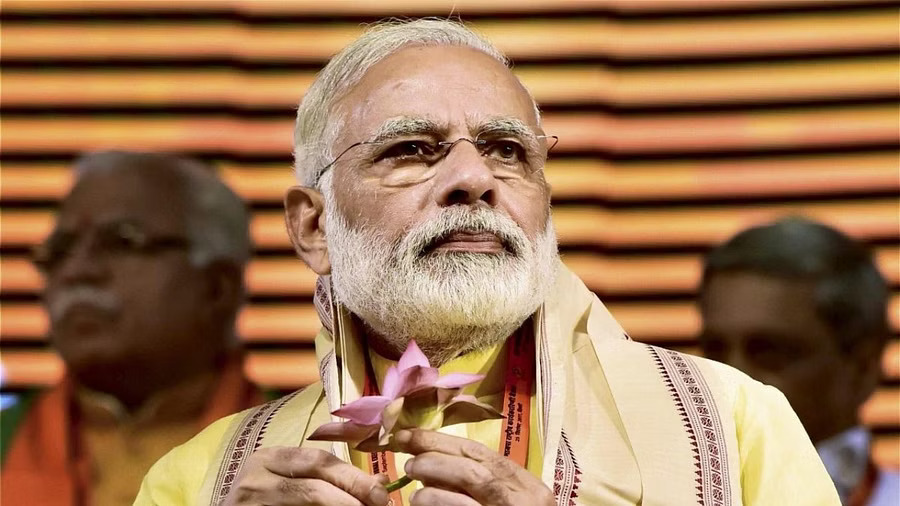A recent report has brought to light a concerning trend linking the Bharatiya Janata Party (BJP), led by Prime Minister Narendra Modi, to a significant number of hate speech incidents in India. The report highlights a surge in hate speech, associating it predominantly with the ruling political party.
The findings of this report shed light on the amplification and dissemination of hate speech across various platforms, drawing a correlation with the BJP. Hate speech poses a significant challenge, eroding social harmony and contributing to an environment of hostility and division within the nation.
The report’s revelations have sparked a dialogue about the need for stringent measures to combat hate speech and promote unity and understanding among diverse communities. Critics argue that such trends could have far-reaching consequences, impacting the fabric of Indian society.
In response to these claims, supporters of the BJP and the government have called for a fair and unbiased examination of the report’s methodology and findings. They emphasize the importance of distinguishing between legitimate political discourse and actual hate speech, urging for a balanced analysis.
This development has initiated a renewed debate on the responsibilities of political parties, the role of social media, and the need for a comprehensive legal framework to curb hate speech effectively. It remains to be seen how authorities and stakeholders will respond to this report and work towards addressing the issue to promote unity and harmony in the nation.










